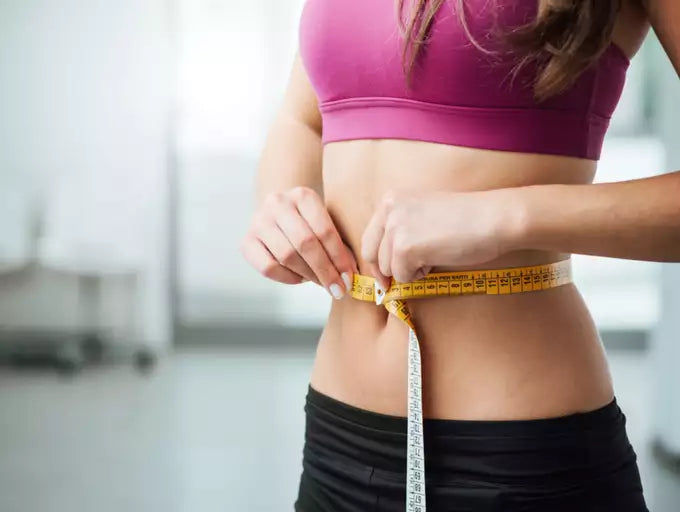Article: How to lose weight

How to lose weight
There is a simple truth to losing weight, without having to rely on invasive surgery.
How easy weight loss is achieveable
Easy weight loss is dependent on either calorie reduction or calorie absorption, you must either reduce your calories or you must increase your body's requirement and burn up already consumed calories.
To gain 1 pound of weight, we must eat 3,500 calories over what our bodies expend. Conversely, to have 1 pound of weight loss, we must expend 3,500 calories less than our energy levels require. For easy weight loss of 1 pound a week, all that is required is a reduction of just 500 calories a day, which is relatively few calories considering a 100g chocolate bar contains 448 calories.
We can regulate these calorie numbers over a weekly, even a monthly portion control system, using long term data to curve our over all lifestyle. The healthiest choice to our nutrition is always gradual change, removing a small amount of calories per cycle, adding up to large lasting differences over the long term.
The harder question is, how do we tilt our life in such a way that we are on the right side of our calorie requirements and what is the most effective path to take to for easy weight loss?
Easy weight loss with a balanced diet plan
Without a change in the body, a reduction of calories is the first step, the goal being to remove any empty calories from your week. Empty calories are thought of as, any calories consumed that do not provide nutritional benefit. When we consume empty calories the body puts on the weight, without using the food for anything worthwhile e.g. eating chocolate (a source of quick energy) before sleep, a period in which the body does not need this energy release would not be beneficial, however it may be beneficial before a work out, or a long day in general.
If you are wondering "Am I consuming empty calories?", consider your RDA (Recommended Daily Allowance) of nutrients or use our Online Club for an accurate figure. If you can get, for example, all your Sugars from a 300ml bottle of Orange Juice, then it stands to reason that another bottle of orange juice will be excessive to your RDA, providing no further benefit to the body on that day. Reducing your nutrient intake to the general RDA, will naturally reduce your calorie intake as well, promoting weight loss.
Remember, easy weight loss does not necessarily mean food loss, the purpose behind a well structured portion control diet is that you can eat what you love but at the right amounts.
Increasing Metabolism or Absorbtion
The alternative is to increase your bodys requirements beyond your calorie intake in improving your metabolic consumption rate, a process which is still being studied, but has some common criteria. With simple steps, you can improve the bodies ability to consume its calories.
- Hydration - keep the body hydrated with the appropriate amount of water, carrying a water bottle around is a good habit.
- Sleep - Keep the body rested, you lose calories while you sleep! Healthy sleep cycles go a long way to keeping the body under stressed.
- Nutritional portion control - for an optimum metabolism, we must meet our bodys necessary requirements for nutrition, starvation can cause metabolism to decrease just as drastically as over eating. Find the balance.
- Exercise - It doesn't have to be much if you tick the first 3, a small change to tilt the scale, a 30 minute walk added to your evening can be enough. Read more.
For those consuming two to three times their RDA, this can be a huge feat. Professional body builders for example, may take in 5000 calories or more, because they have to exercise for a living and are building muscle. Someone who does not exercise but consumes over 5000 calories per day, will most likely be obese and unable to take up such a lifestyle, the healthier option is to first reduce calorie input, the easy weight loss tactic.

